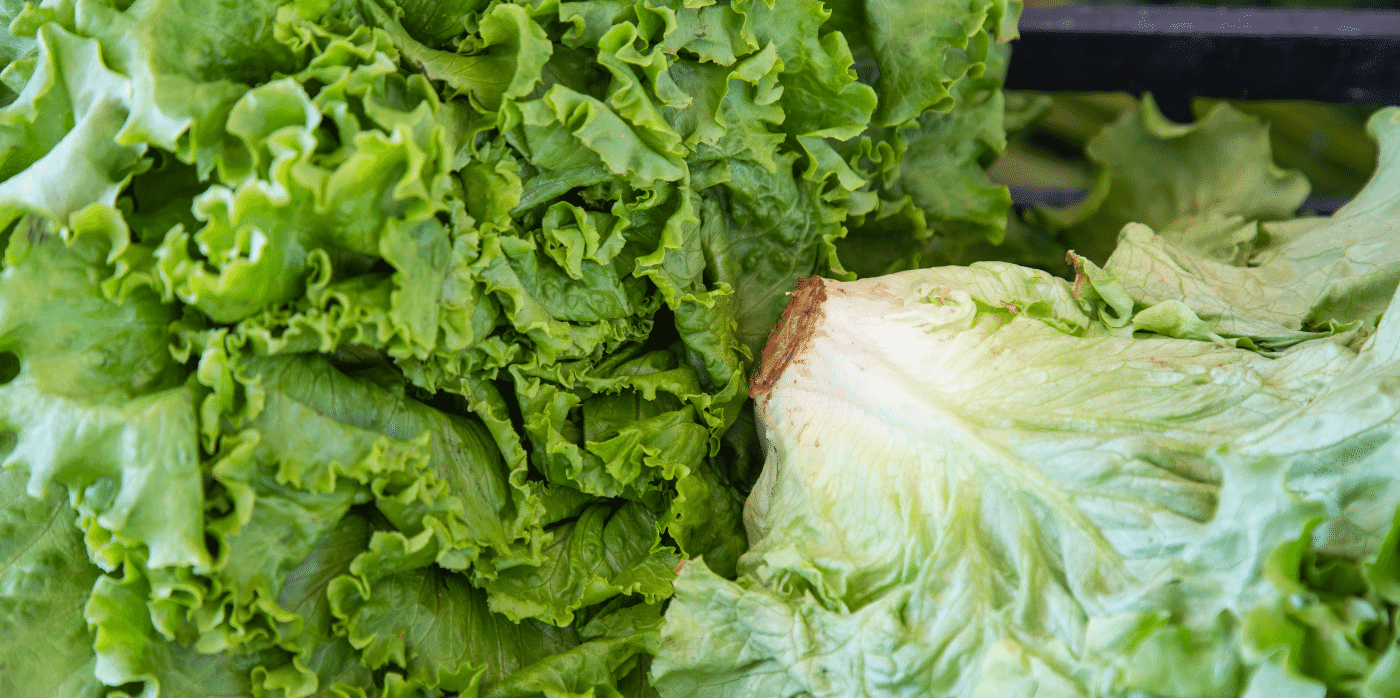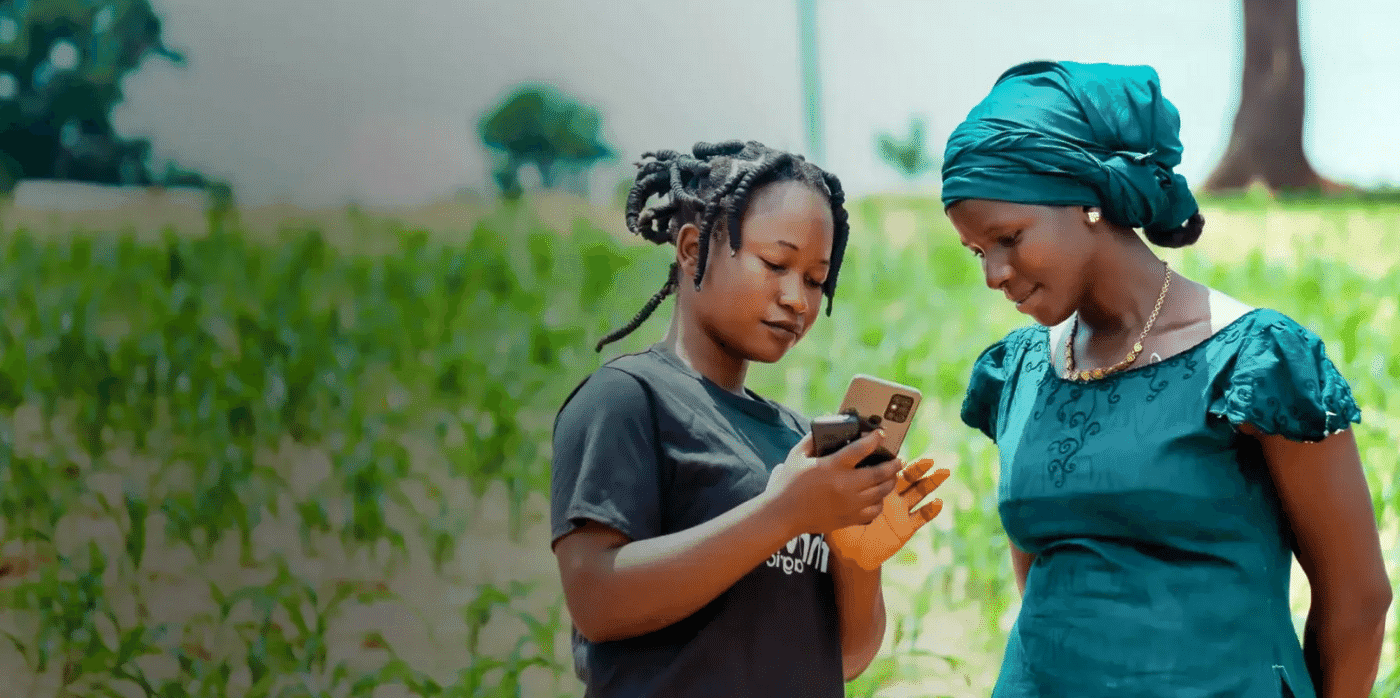Building an inclusive network of sustainable, connected farms

Spotted: For farmers in Africa and the Middle East, reliance on an increasingly volatile climate is making it more and more difficult to achieve a stable, predictable income. And, according to The Carnegie Endowment for International Peace, aridity in parts of the Middle East/North Africa (MENA) region will increase in the next century, shrinking arable lands and disrupting agricultural patterns. This worrying trend inspired the foundation of Jodoor, a Rabat-based startup that designs, builds, and installs hi-tech connected greenhouses for farmers.
The company’s greenhouses are internet-of-things-enabled and can be used by farmers to produce 10 high-quality salad staples and herbs – from iceberg lettuce to basil. By producing leafy greens in a controlled environment, farmers are protected from the vagueries of climate and are able to produce crops year-round. The technology ensures consistent productivity and quality as well as a fixed price for farmers throughout the year. Moreover, the vegetables and herbs grown in the hi-tech greenhouses require no pesticides or herbicides.
The startup plans to use a franchise model to drive the implementation of its technology. Each greenhouse will be tailored to the exact local needs of each farmer, and by building a network of farmers, Jodoor is hoping to match local production to local demand.
Currently in the early stages of its development, Jodoor has nonetheless piqued the interest of several institutions including the Mohammad VI Polytechnic University (UM6P). At the end of 2021, the startup launched its first greenhouse on a 200-square-metre plot in Skhirat, a seaside town between Rabat and Casablanca. Its second greenhouse, which is intended to showcase the commercial potential of the technology, will be installed at UM6P.
Longer-term, the startup plans to hone its model in Morocco before expanding across the Middle East and North Africa. Many of Morocco’s neighbours share similar challenges when it comes to water scarcity and food sovereignty, making them prime candidates for Jodoor’s technology.
Other innovations spotted by Springwise that improve the prospects of small farmers include a startup that provides software and hands-on assistance for farmers in Nigeria and solar-powered irrigation pumps for farmers in East Africa.
Written By: Matthew Hempstead



